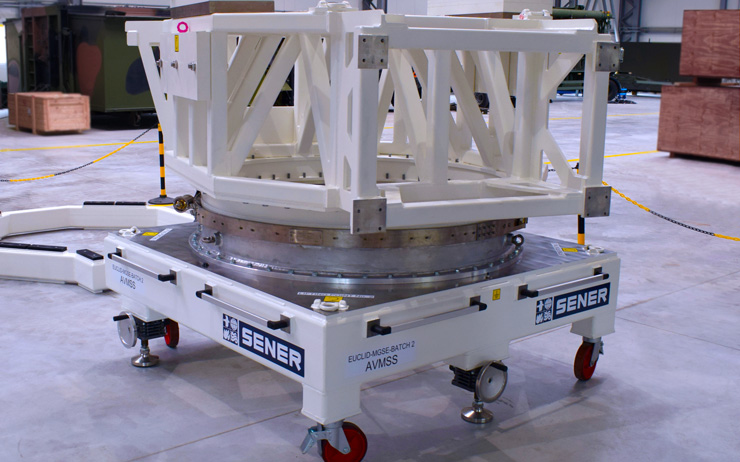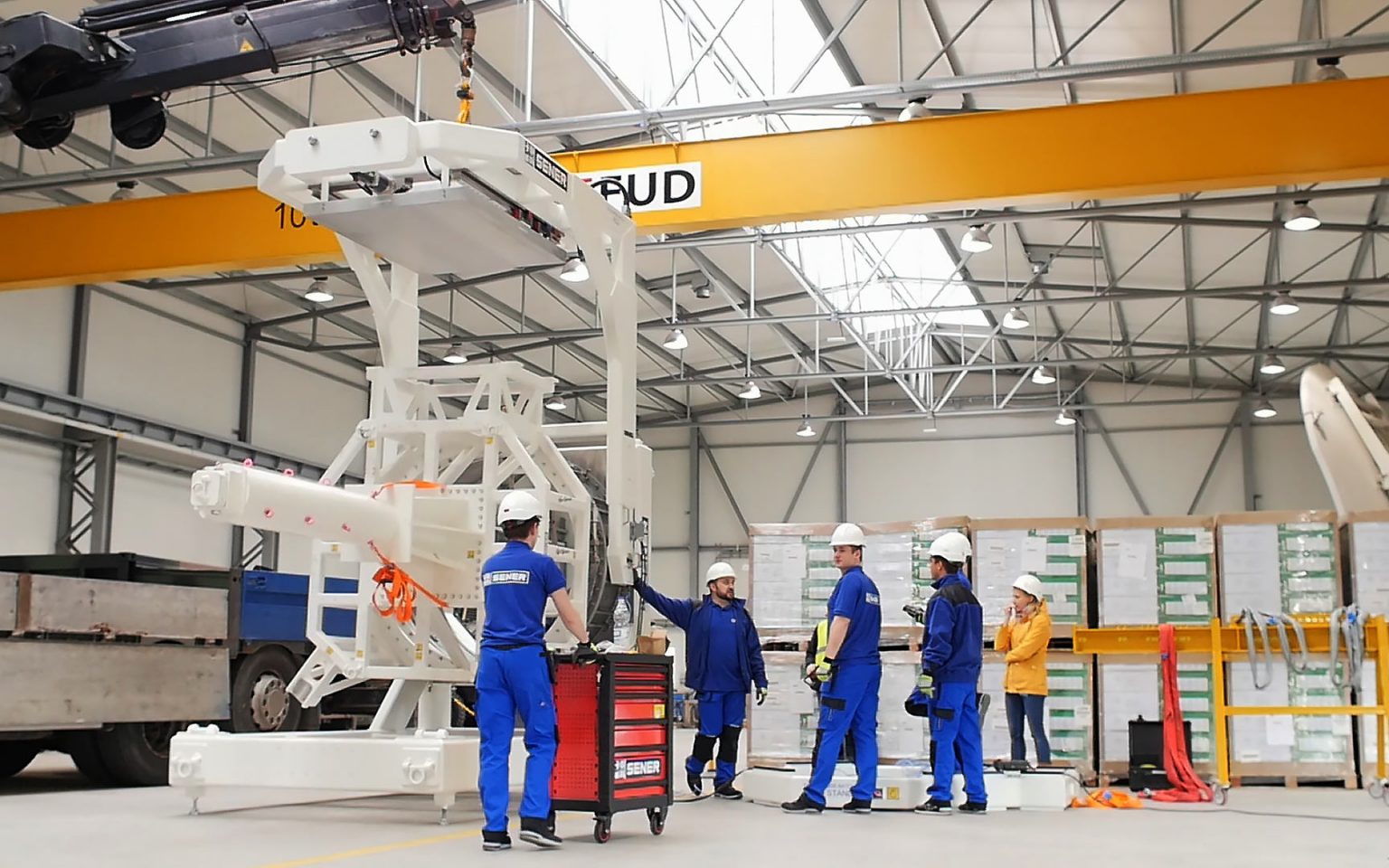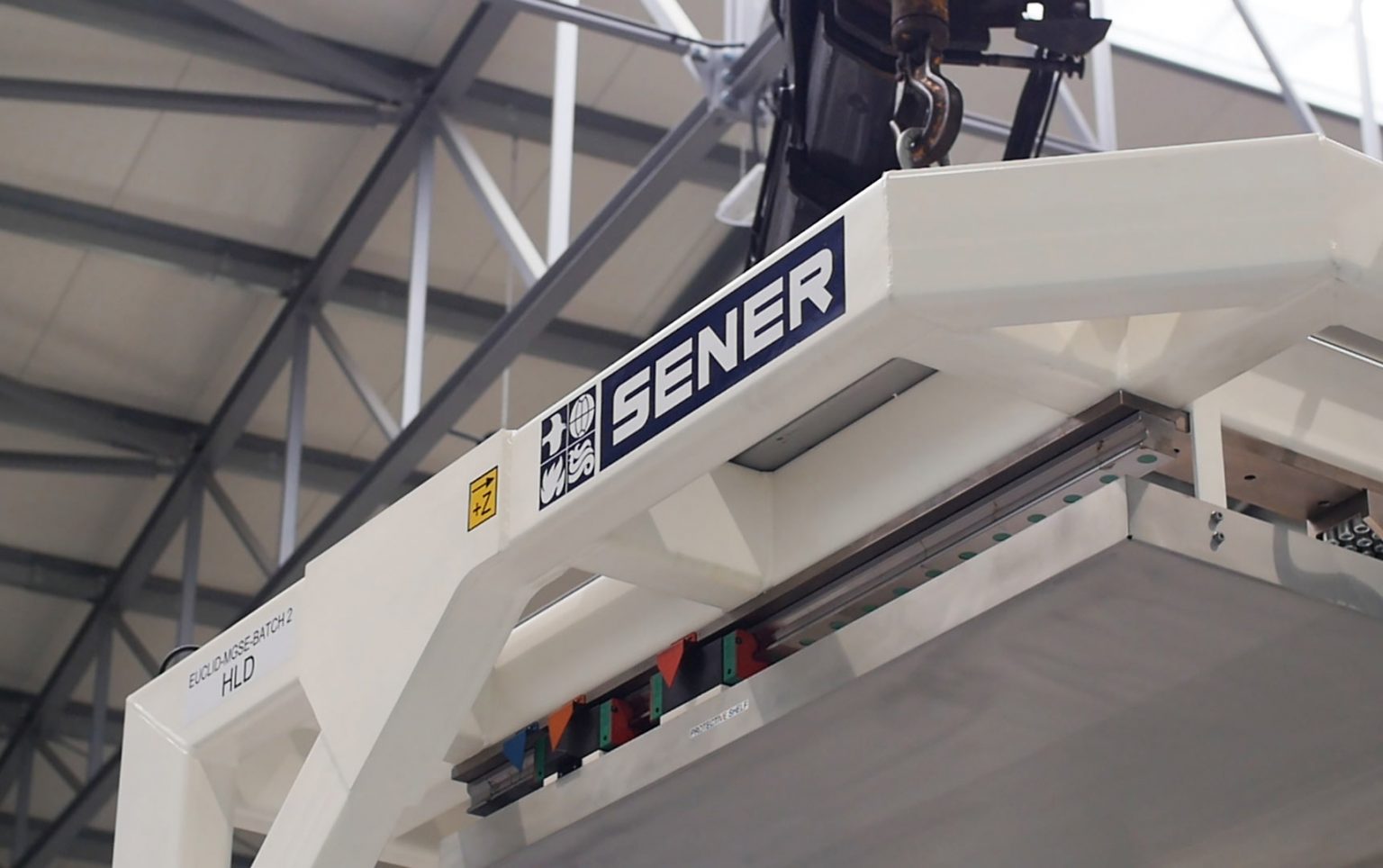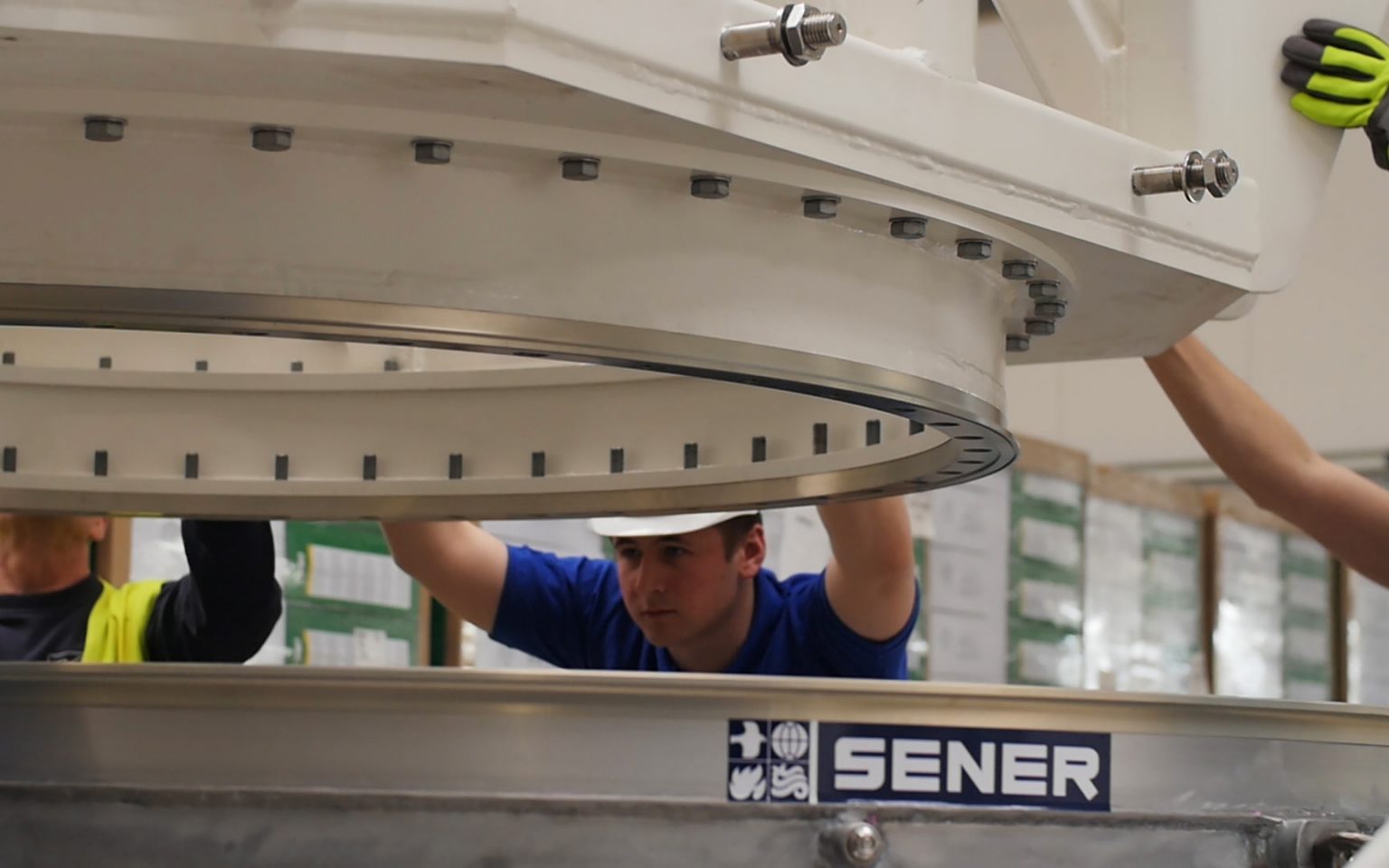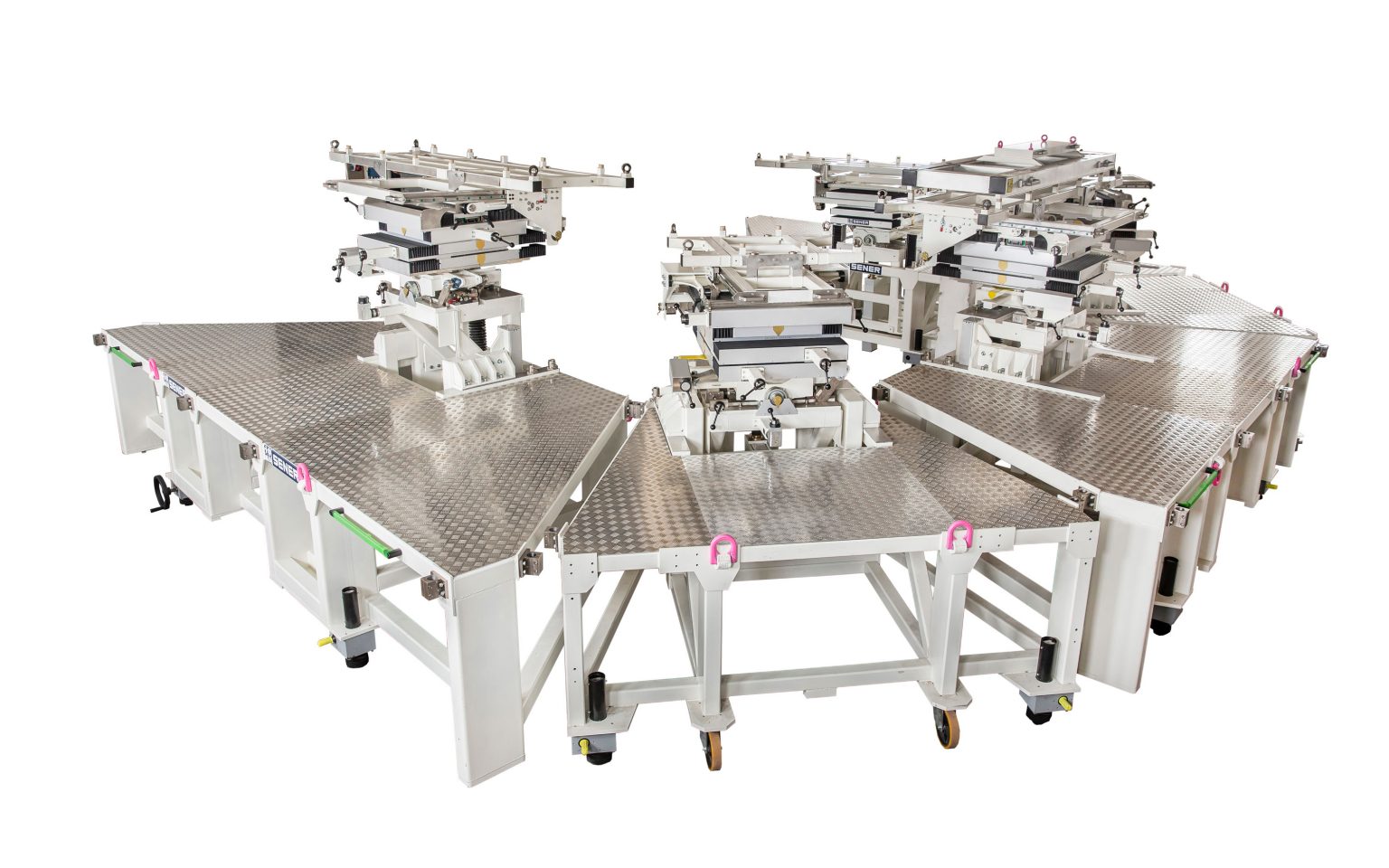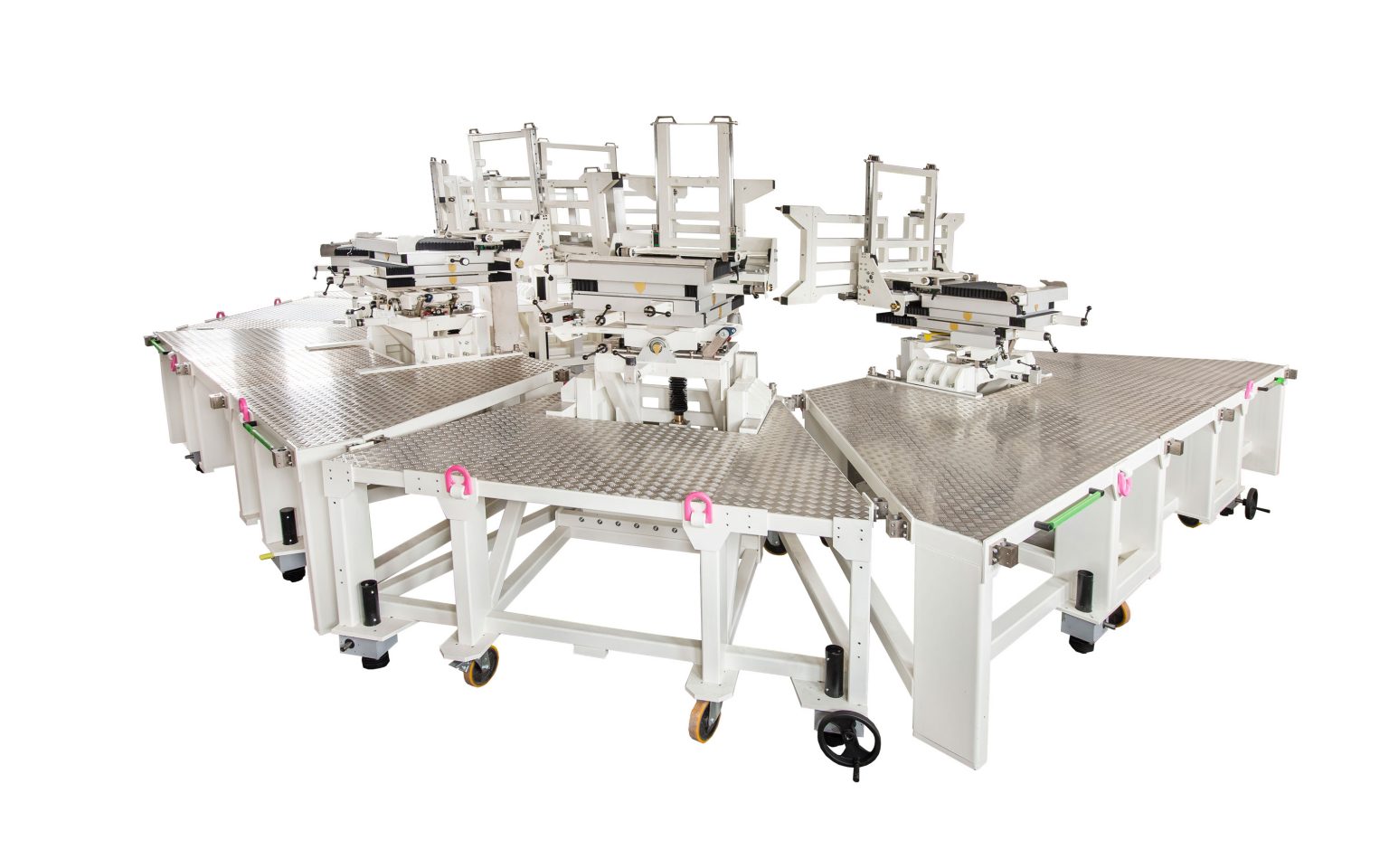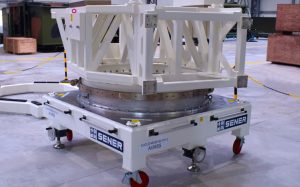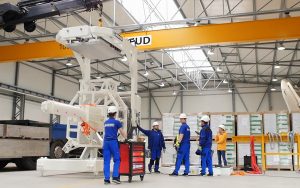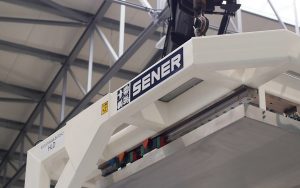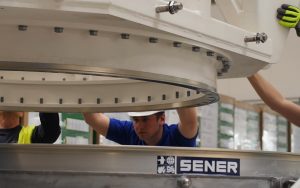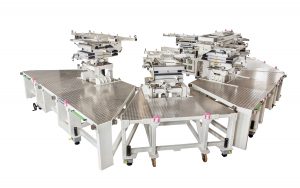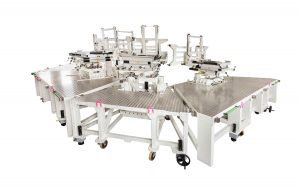Euclid Mechanical Ground Support Equipment (MGSE)
The Euclid mission aims at understanding why the expansion of the Universe is accelerating and what is the nature of the source responsible for this acceleration which physicists refer to as “dark energy”. The mission will investigate the distance-redshift relationship and the evolution of cosmic structures by measuring shapes and redshifts of galaxies and clusters of galaxies out to redshifts ~2, or equivalently to a look-back time of 10 billion years.
Thales Alenia Space, as responsible for the Euclid satellite has selected Sener as the contractor in charge of most of the SVM Mechanical Ground Support Equipment of the spacecraft.
The Euclid mission aims at understanding why the expansion of the Universe is accelerating and what is the nature of the source responsible for this acceleration which physicists refer to as “dark energy”. The mission will investigate the distance-redshift relationship and the evolution of cosmic structures by measuring shapes and redshifts of galaxies and clusters of galaxies out to redshifts ~2, or equivalently to a look-back time of 10 billion years.
Thales Alenia Space, as responsible for the Euclid satellite has selected Sener as the contractor in charge of most of the SVM Mechanical Ground Support Equipment of the spacecraft.
Sener is responsible for the design, manufacturing, integration and testing of 13 MGSE items. The most complex and critical functions are performed by MGSE lifting devices of the entire S/C in different positions and configurations. One of these devices is the Horizontal Lifting Device (HLD) which is used to move the satellite in horizontal position and in different configurations. One of the crucial subassembly of the lifting devices is a Centre of Gravity Adjustment Module (CGAM) which is used to perform an adjustment of the S/C position Centre of Gravity in terms of lifting point.
Another noteworthy device is the Panels Support Tilting Stands (PSS) used to mate/demate and tilt the lateral panels of the Euclid Service Module. For this purpose, the PSS contains a 6 degree of freedom adjustment mechanism for panels of up to 150 kg.


 About us
About us